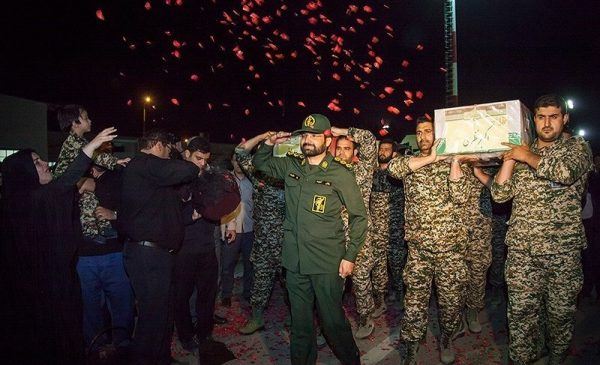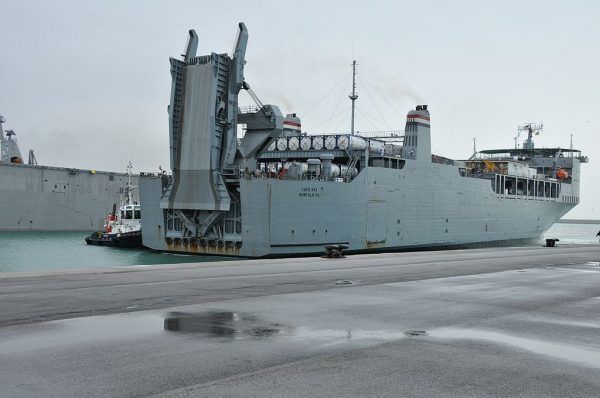Iranian involvement in Syria has always been a major factor in the long civil war.
For many observers, Iran’s presence in Syria is just the natural partnership of the major Shiite powers in the region. Assad got himself in trouble back in 2011 when his people rebelled against his totalitarian rule, and Iran came to his aid.
While this perspective certainly has truth to it, it is only part of the picture.
Iran sees its involvement in Syria not as a duty to assist an ally, but as an investment in its overall strategy of projecting its power in the Middle East. Syria has become a battleground for an array of actors, from Israel to Turkey to the Kurds. By establishing itself in the center of this complex war zone, Iran is positioned to exert influence in a variety of important ways. And threaten its foes.

As many recent incidents are beginning to show, Iran’s aggressiveness in the region is bringing on itself increasingly more consequences that ultimately Syria may bear the brunt of.
Take the issue of chemical weapons use by Syria, a topic that has long been a red line for the US and triggered the cruise missile strike near the city of Homs ordered by President Trump back in April. The administration has repeatedly indicated over the past several months that it will increase its intervention in Syria if any evidence surfaces indicating any further chemical weapons use. On March 11, US media reported that Secretary of Defense James Mattis issued his most recent threat to the regime. “It would be very unwise for them to use weaponized gas,” Mattis said. “And I think President Trump made that very clear early in his administration.”
The second half of his comments clearly alluded to the April missile strikes. Indeed, the chemical weapons factor threatens Syria significantly, promising a more overt US intervention in the country.
With this in mind, it is interesting to note that it is Iran who is the one facilitating Syria’s weaponizing of chemicals. According to reports from German governmental sources, the German manufacturer Krempel sold technology to Iran that was later used in chemical attacks in Syria. Kremple confirmed the delivery of the electronic technology “Presspan PSP-3040,” an material with a cellulose base used for insulating chemical substances.
According to these reports, debris from chemical warheads launched in late January and early February confirmed that this technology was implemented by the Syrians. Truth be told, there is a large body of evidence suggesting that Iran has been building Syria’s chemical weapons arsenal since as early as 2004, even before the civil war commenced. Ironically, by attempting to bolster Syria’s military posture with weapons of mass destruction, Iran may actually be threatening the country’s long-term security by pulling more foreign intervention.

Another important example is the forward operating bases Iran has established throughout Syria. While these bases provide Iran with the ability to launch offensive and intelligence operations against its enemies in the region, they also trigger retaliation by those very enemies against Syrian territory. This was seen played-out most recently earlier last month, when an Iranian reconnaissance drone entering Israel triggered a devastating response by Israeli Defense Force warplanes.
As the consequences of Iran’s penetration of Syria continue to bring about destructive consequences for the country, the regime will have to decide whether the help they are receiving from the Islamic Republic is worth it.
















